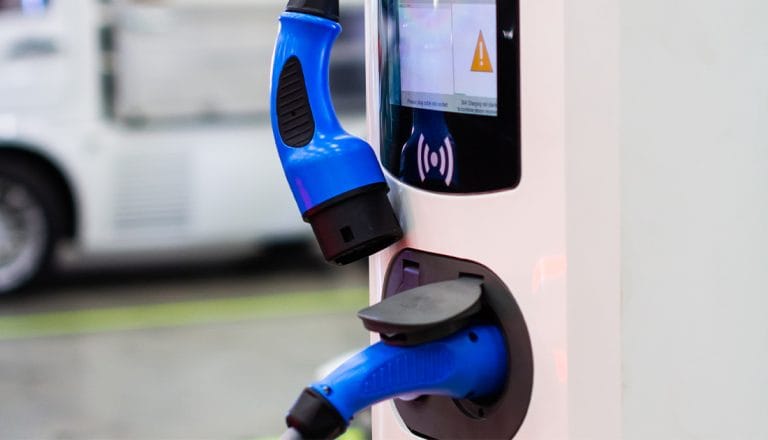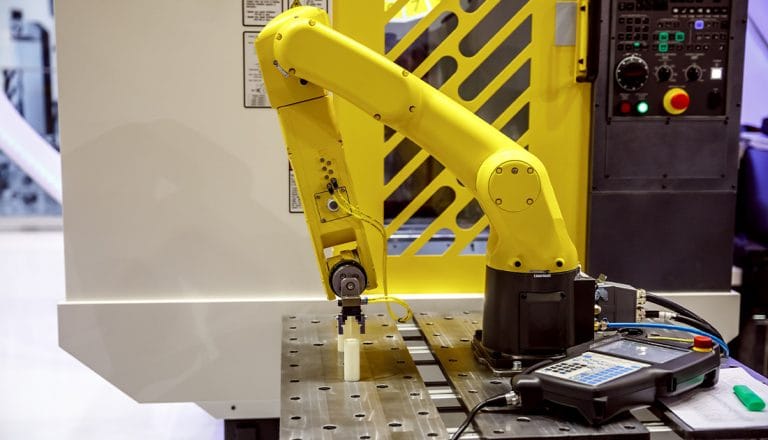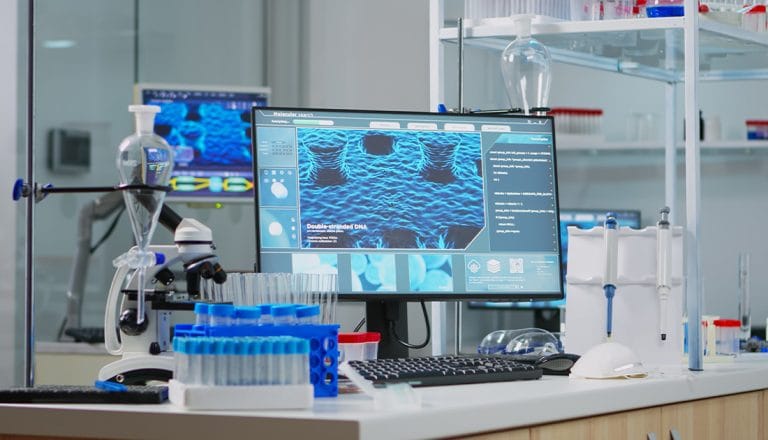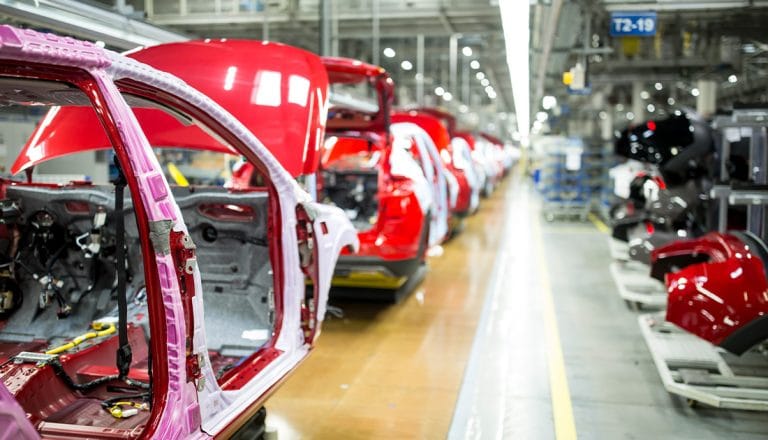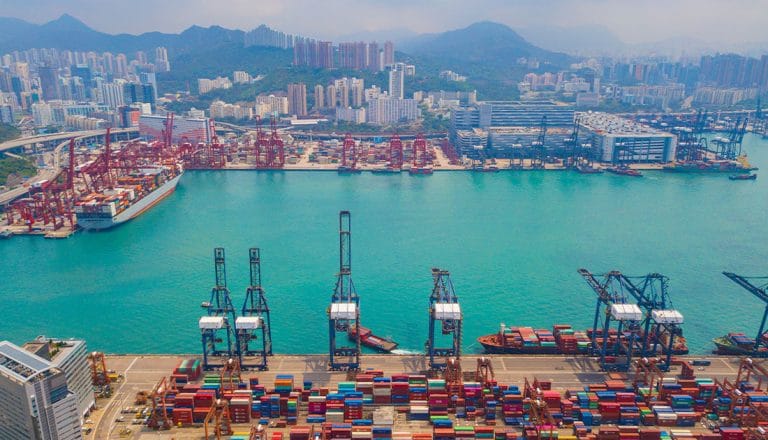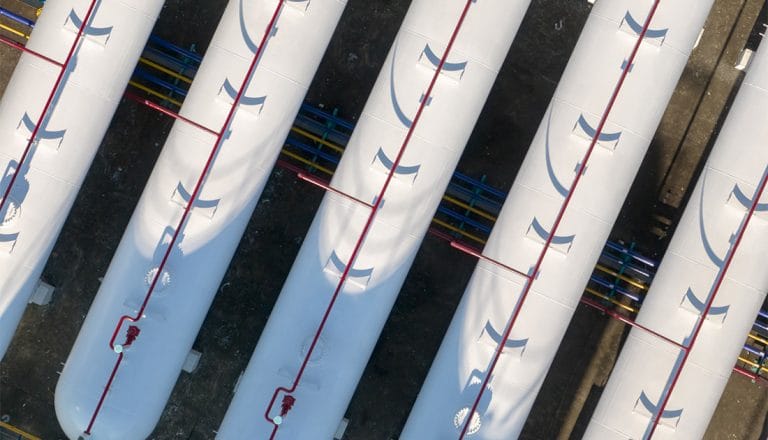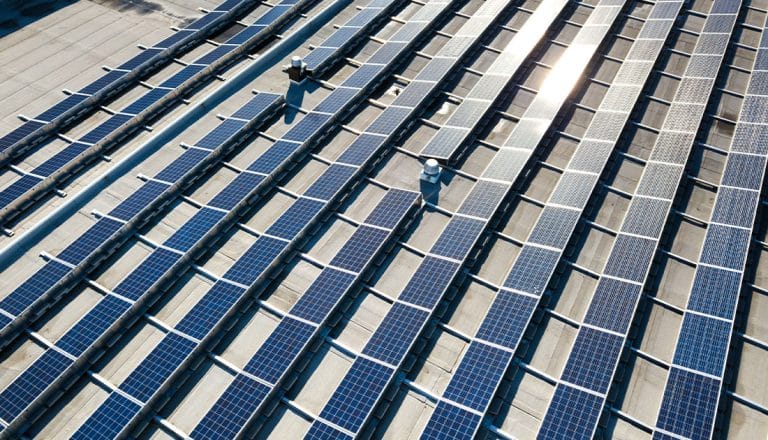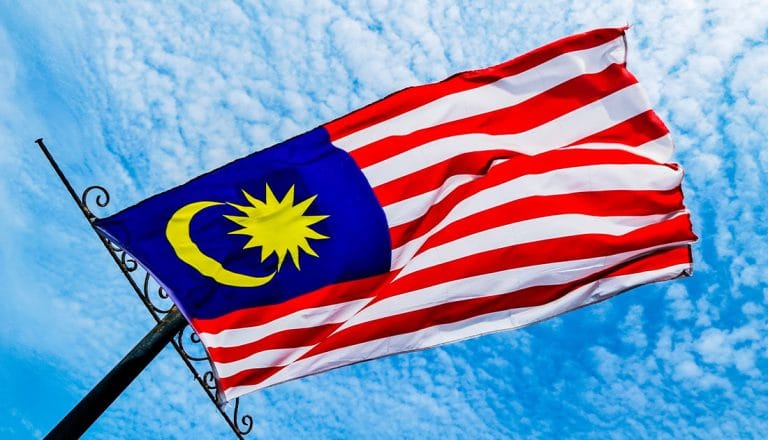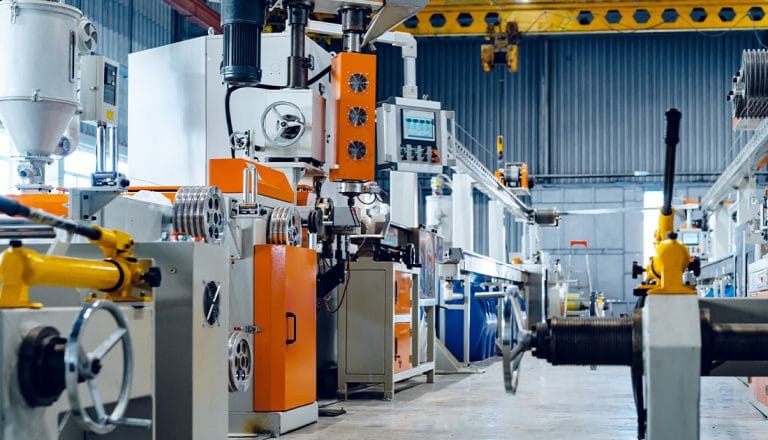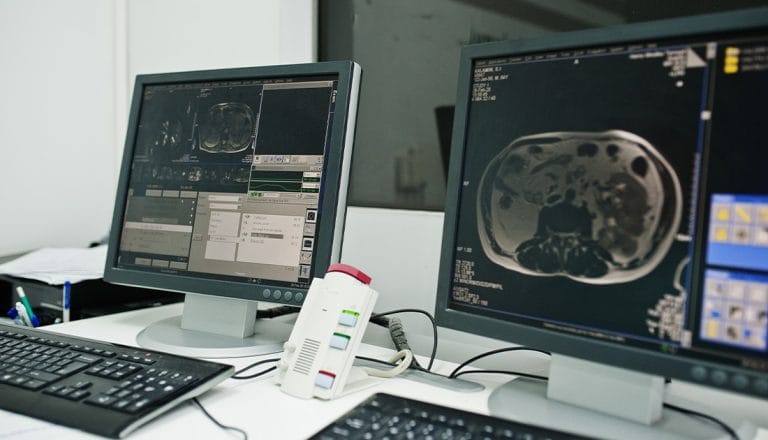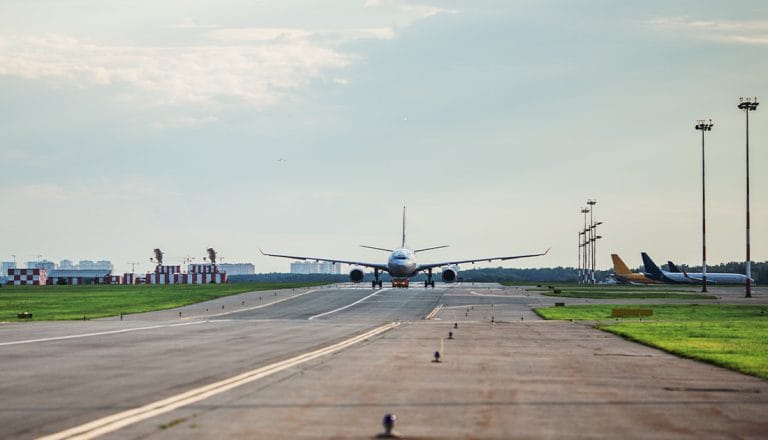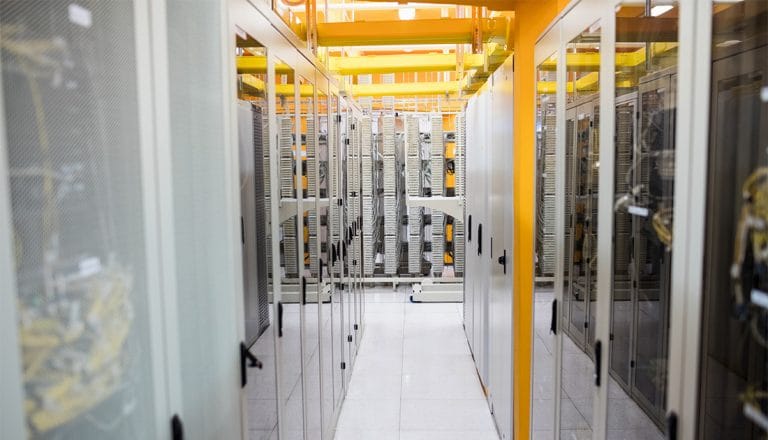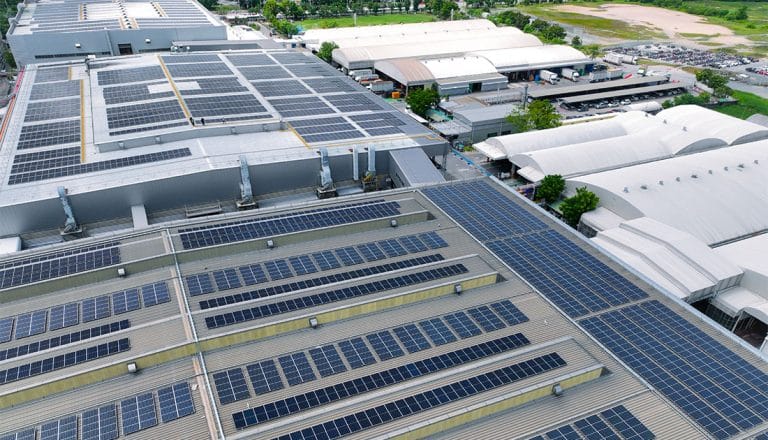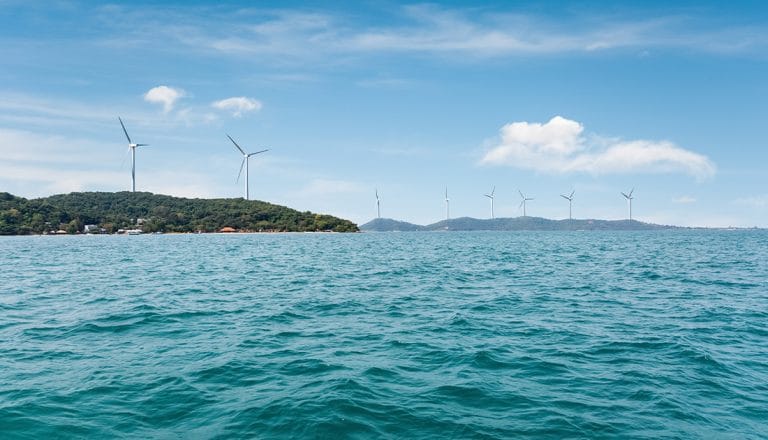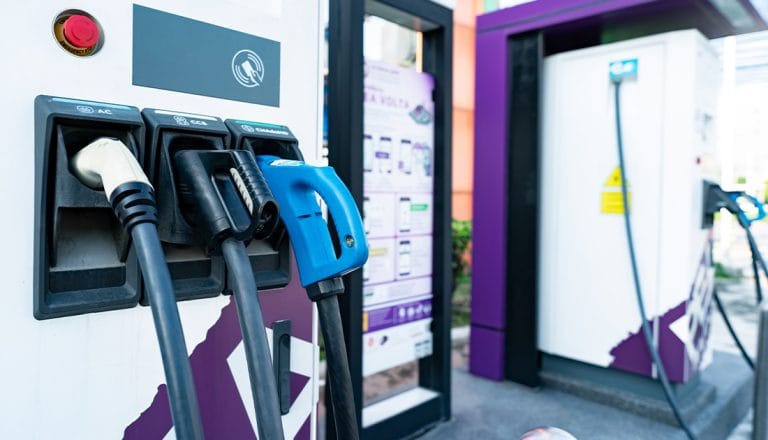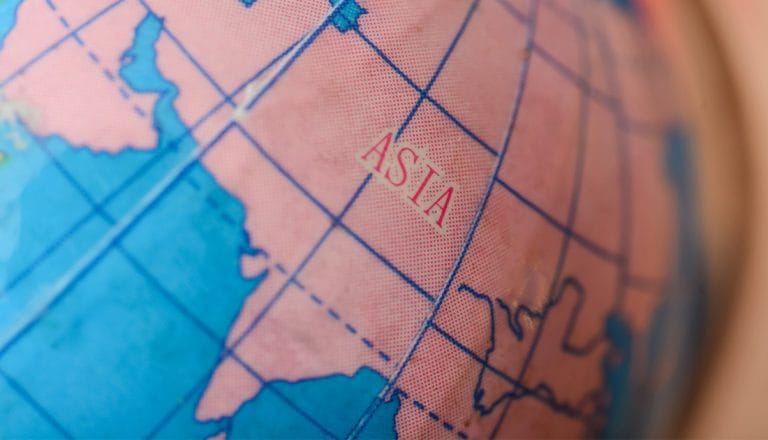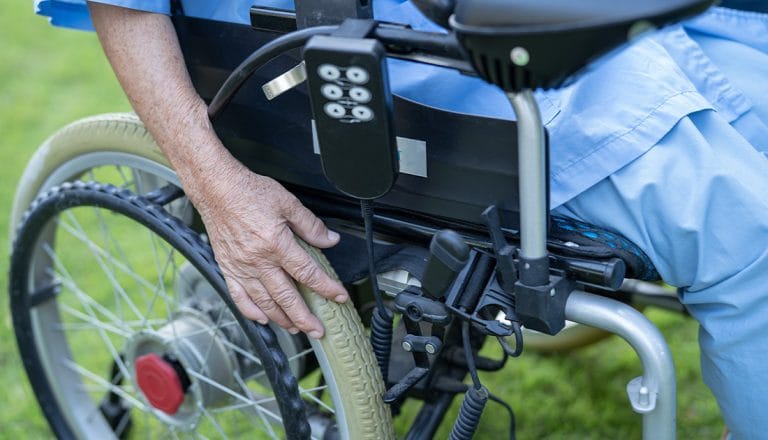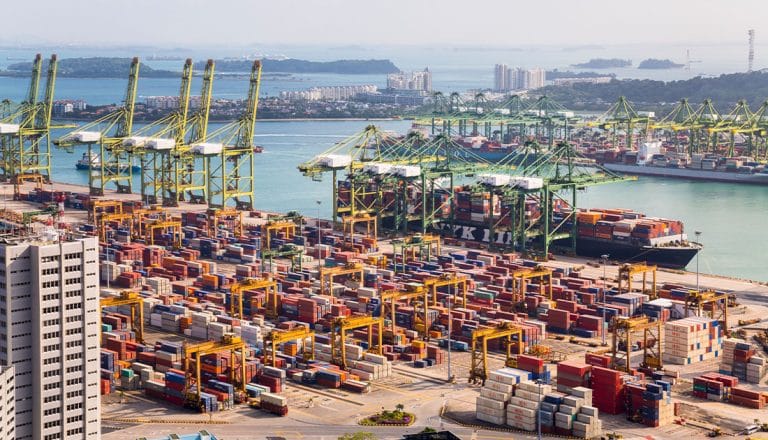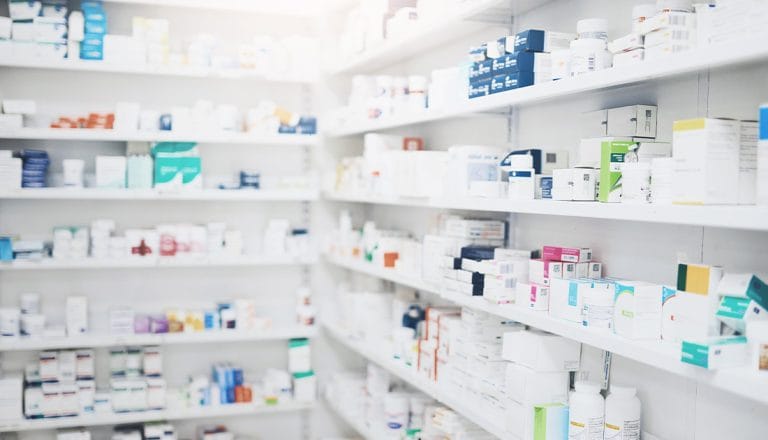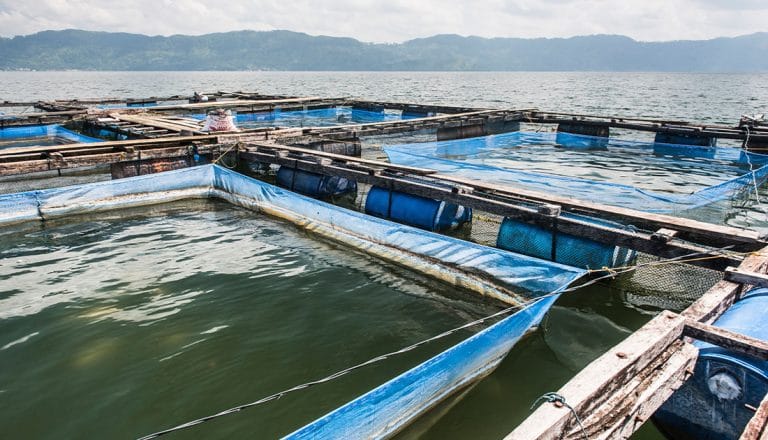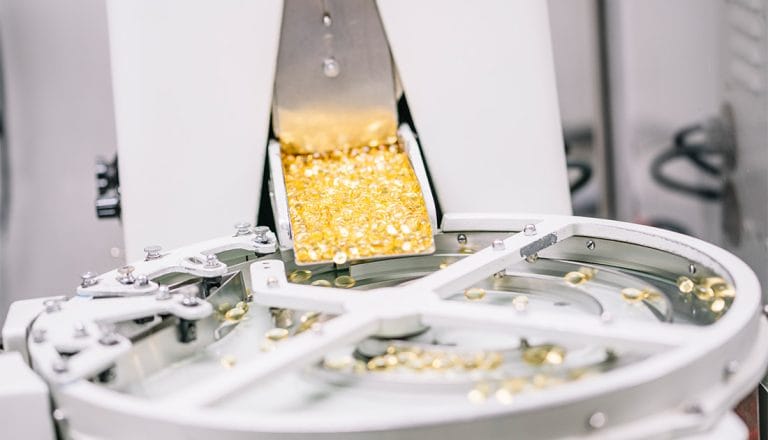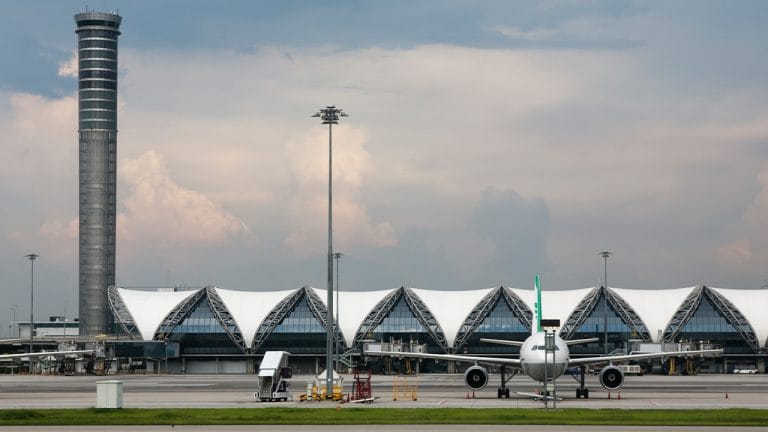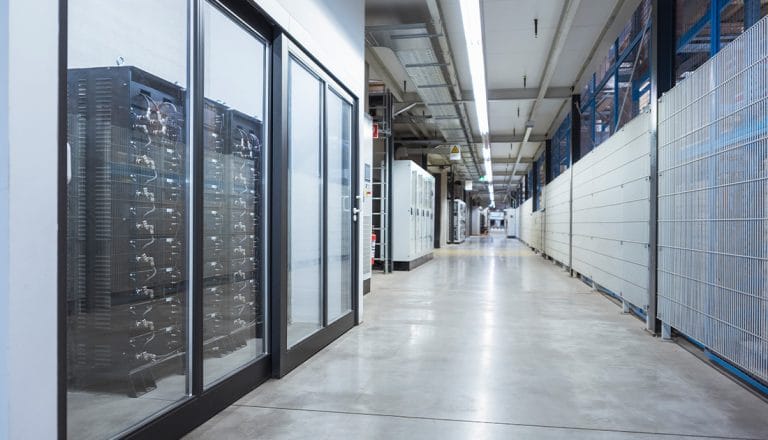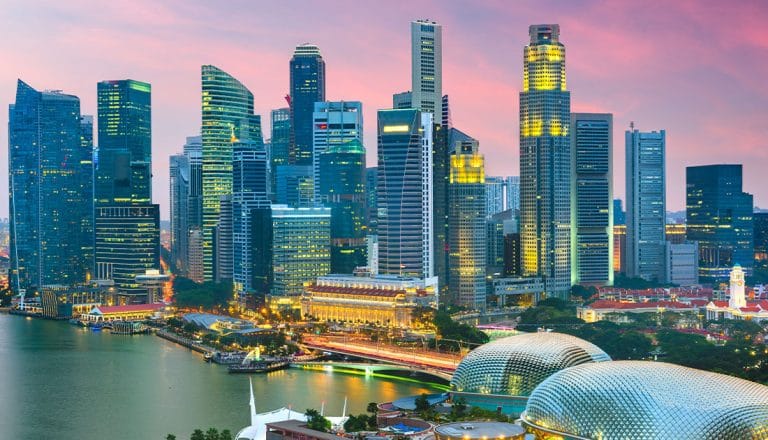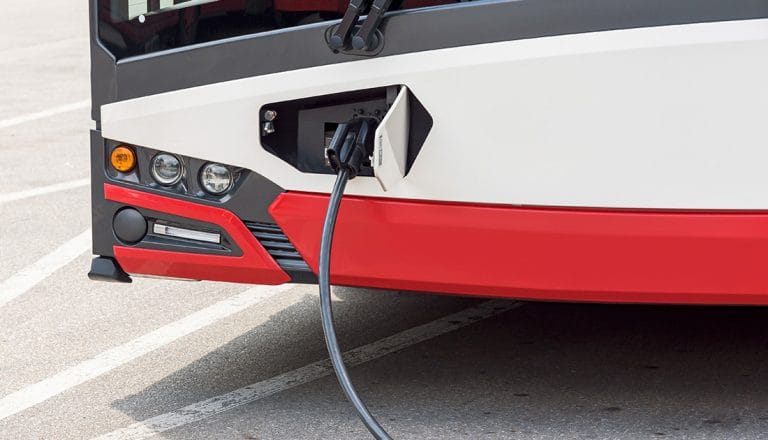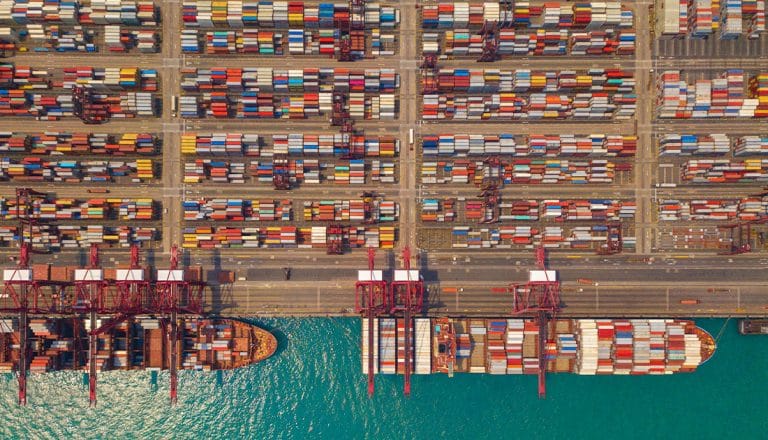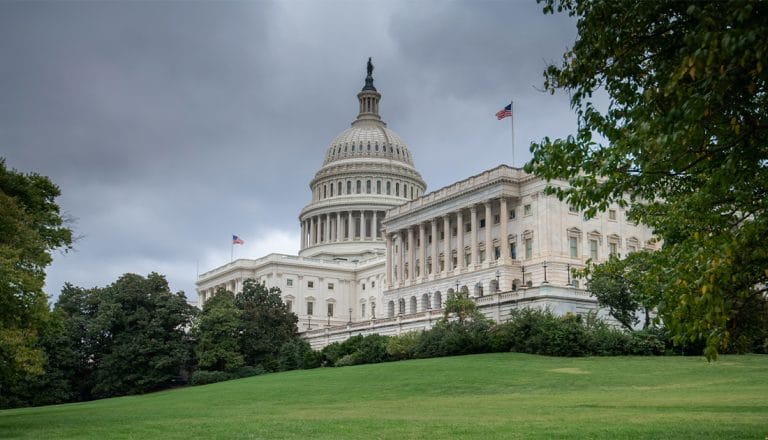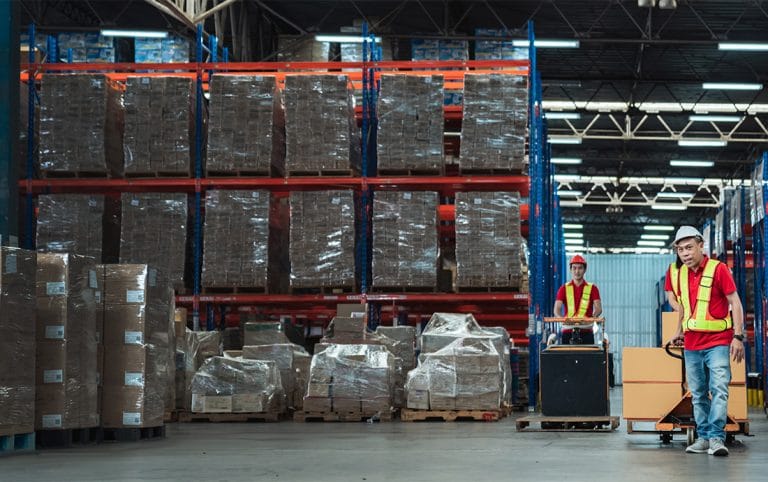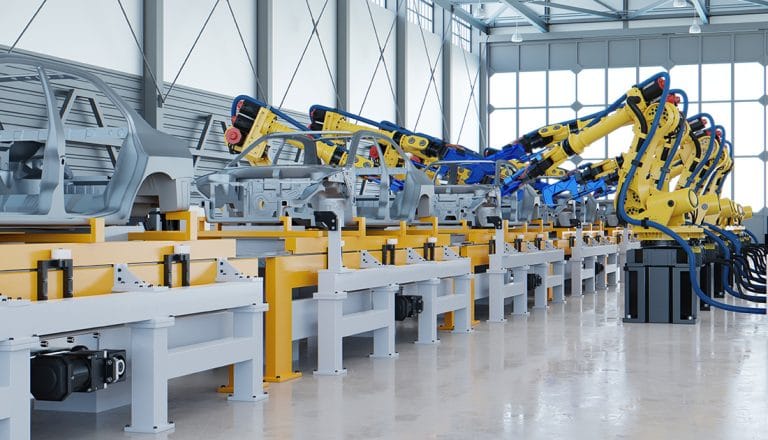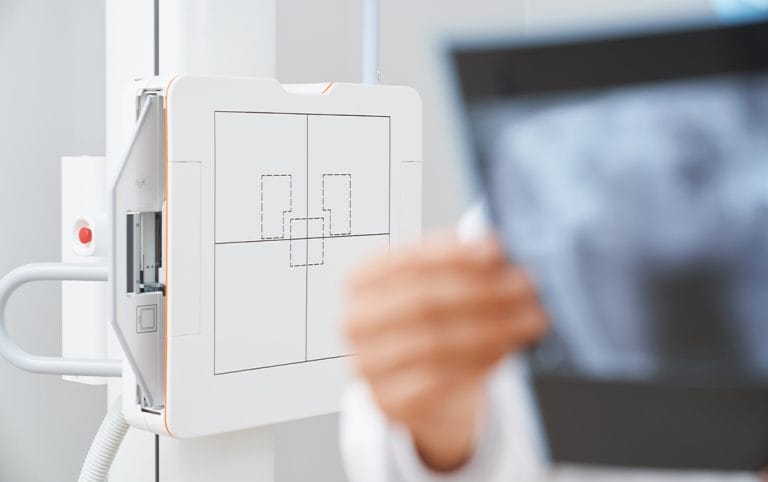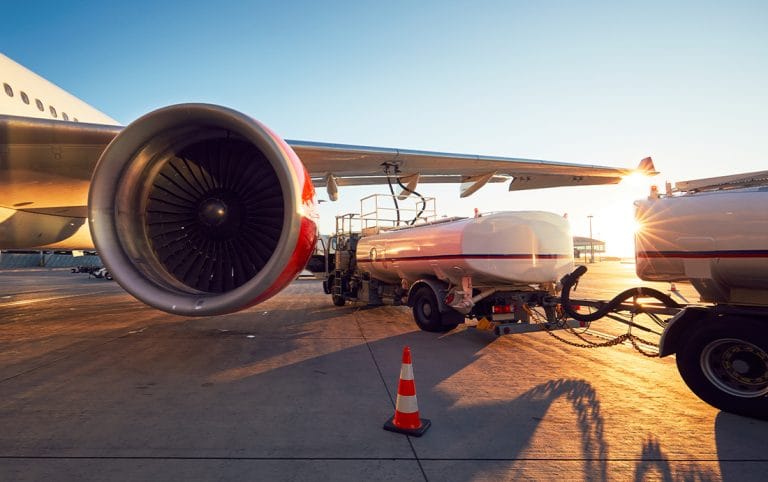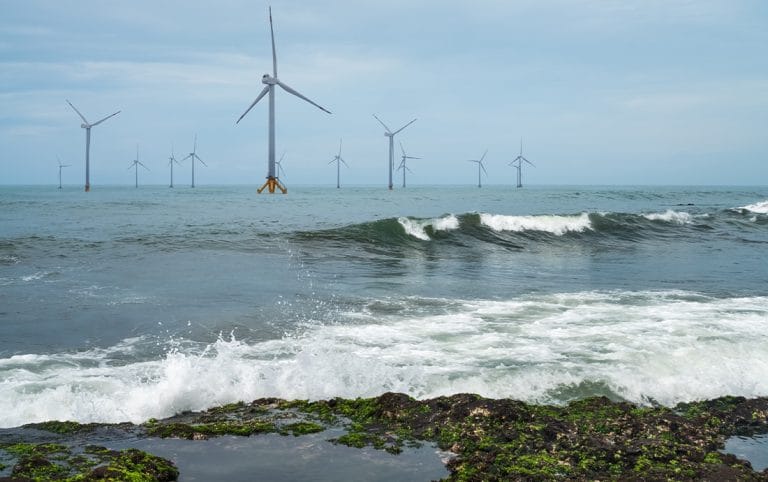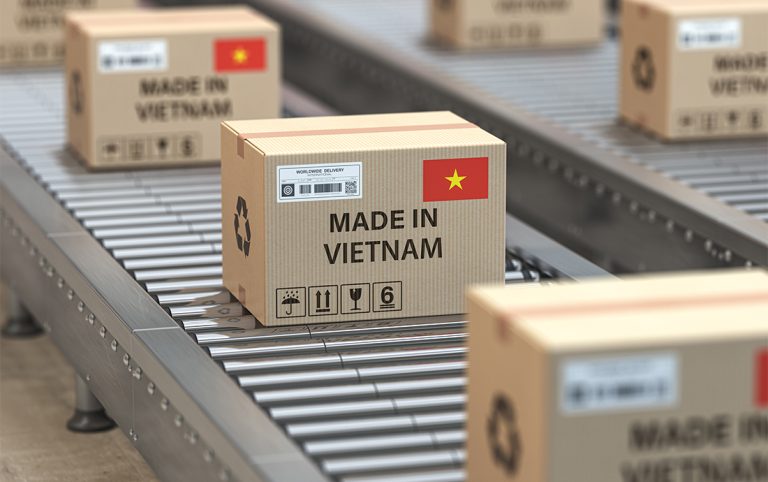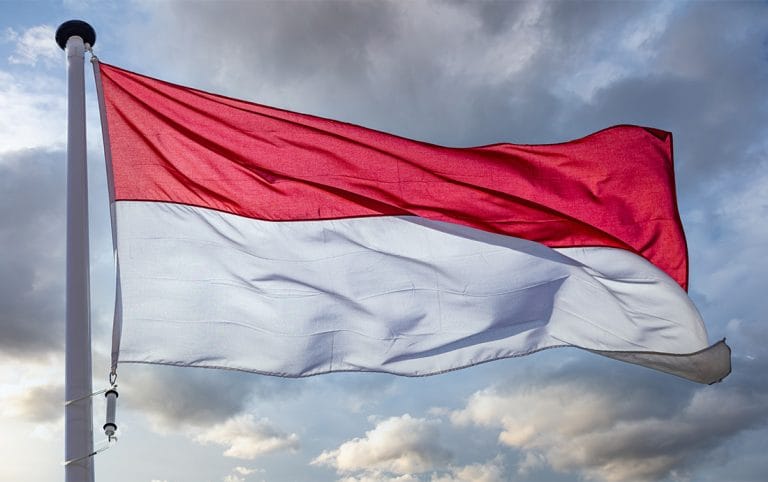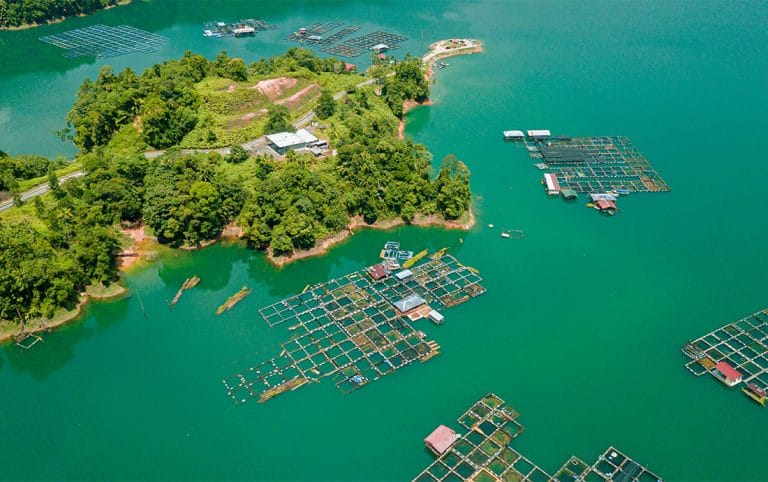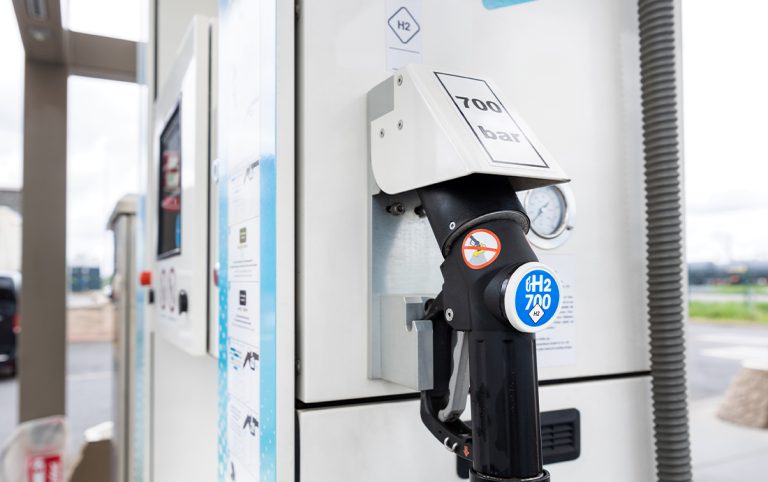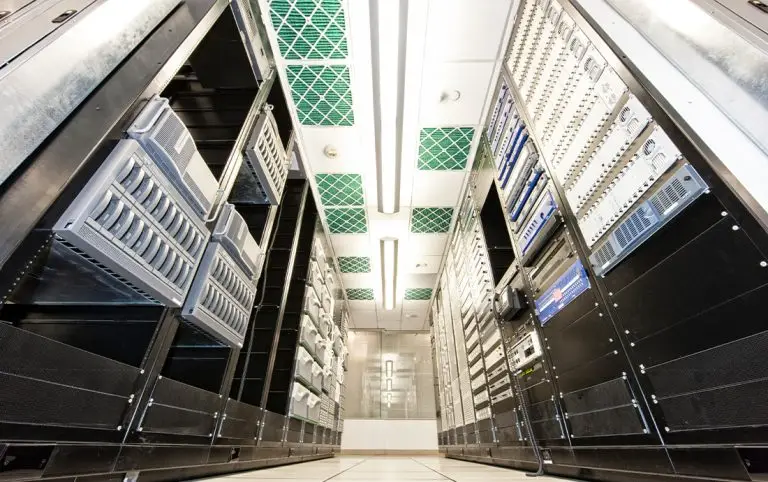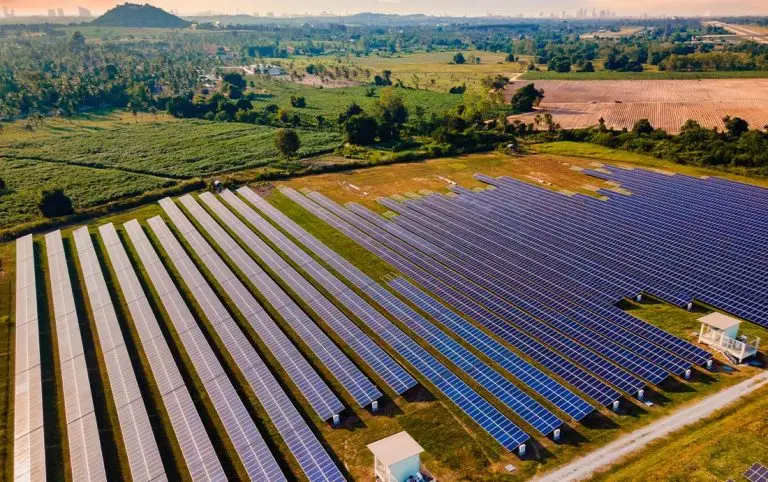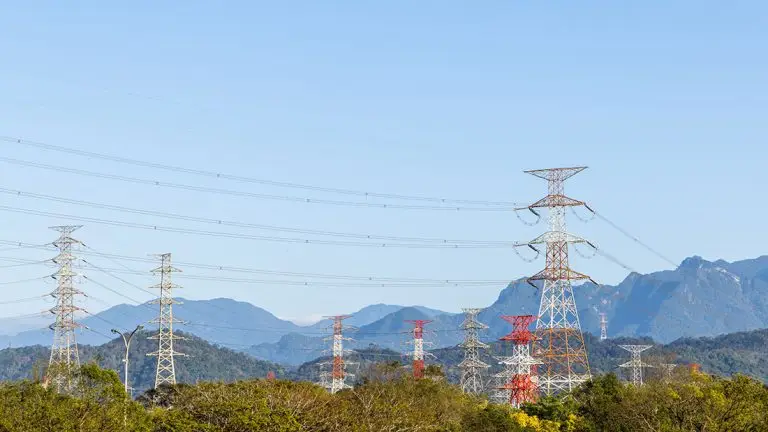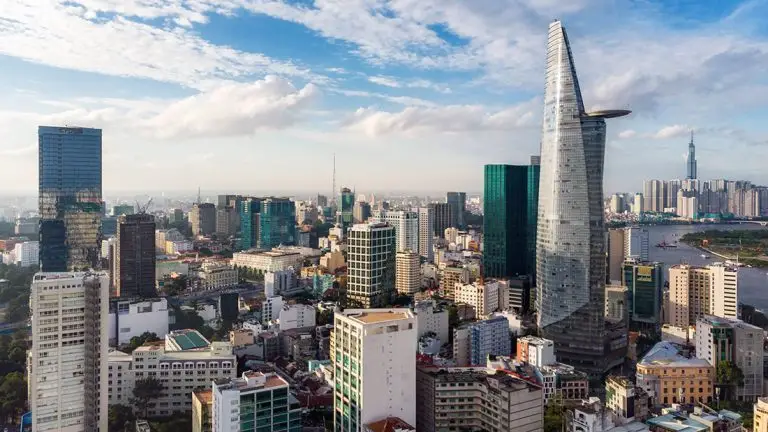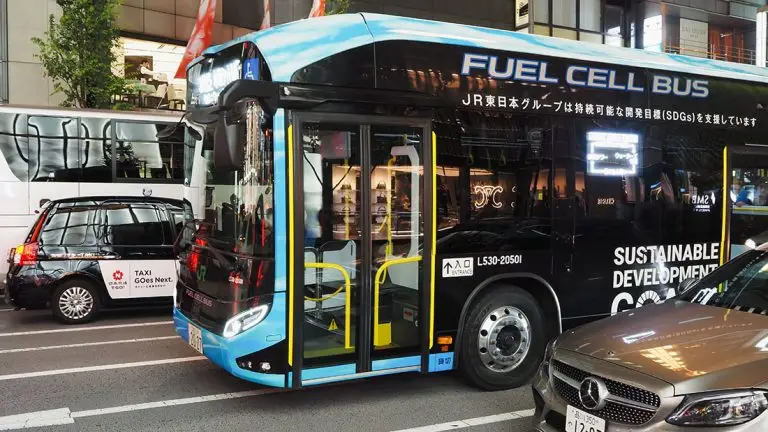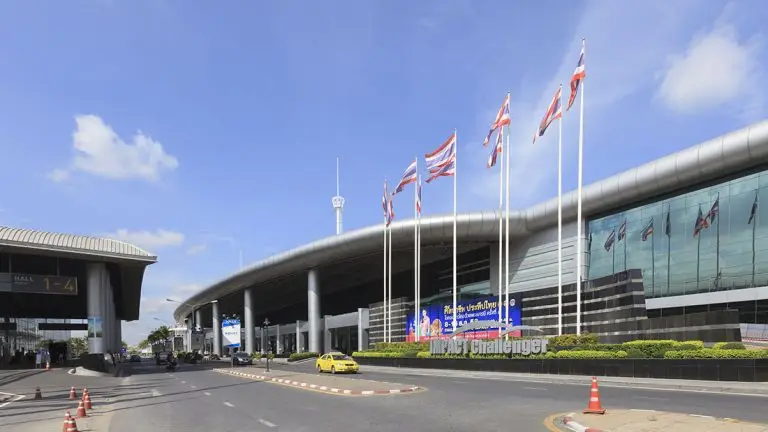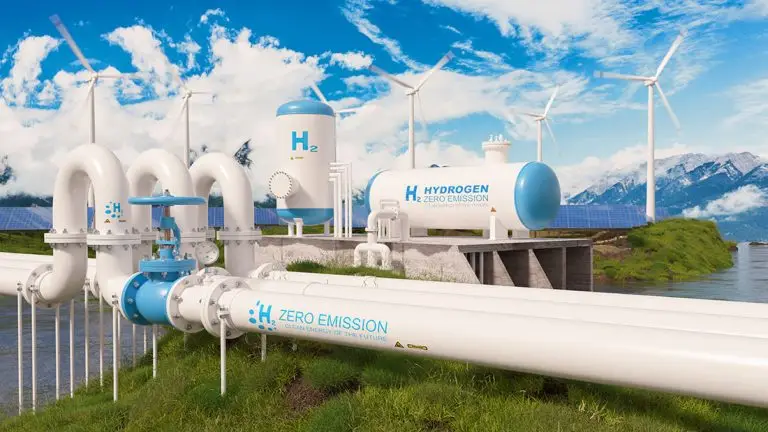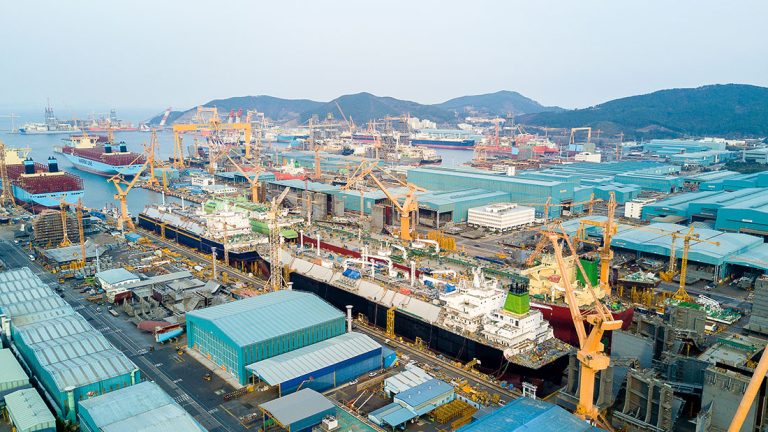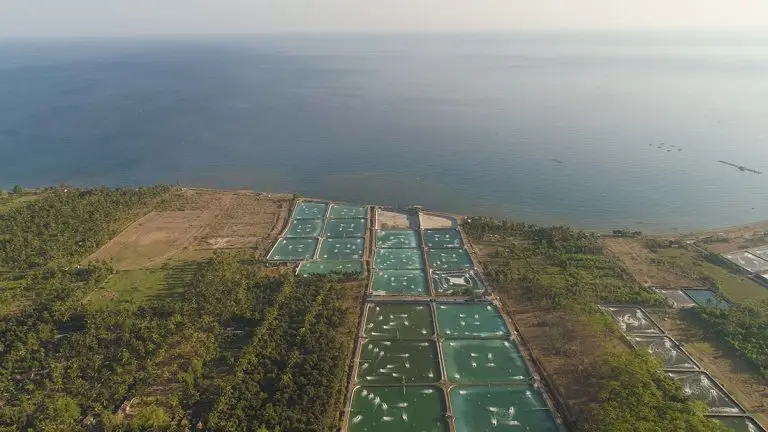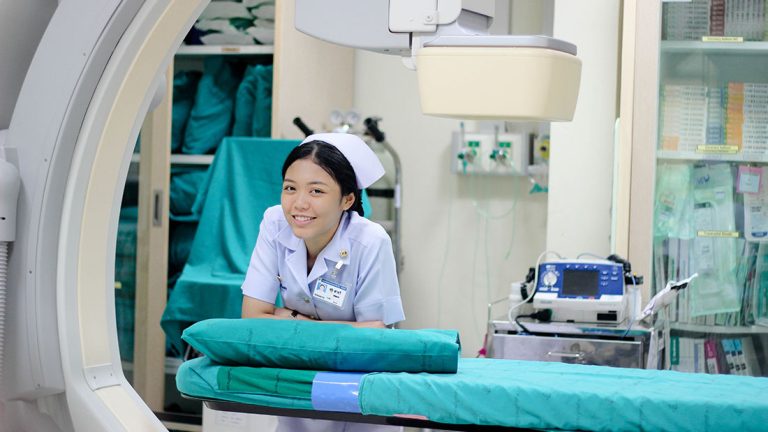- Indonesia is seeking biotech investment from overseas players to help build capabilities and support the national health insurance scheme
- The Indonesian biotech market has surpassed USD 2 billion in total value and is expected to grow steadily
- A lack of research and development capabilities and human resources are among the challenges that must be addressed
Indonesia has identified biotech investment as a way for the country to reduce costs and improve the quality of care. This has taken on extra importance as the country’s national healthcare scheme continues its nationwide rollout. Some progress has been made, but there is a sense of urgency to pick up the pace of development. Asian Insiders’ Indonesia Partner, Primadi Soerjosoemanto, takes a closer look at the situation.
Biotech is the next frontier of medicine because it has the ability to both reduce costs and improve the effectiveness of treatment. International Pharmaceutical Manufacturers Group (IPMG) figures show it could account for more than half of the global pharmaceutical industry by 2027. This would see the sector surpass chemically derived drugs based on current estimates.
For a country like Indonesia, which relies on pharmaceutical imports, biotech innovations could be crucial in supporting Jaminan Kesehatan Nasional (JKN), the national health insurance scheme. However, much work remains for the sector to be a solution.
For starters, Indonesia ranked 52nd out of 54 countries in the Global Biotechnology Innovation Scorecard. A lack of human resources and limited investment in research and development are among the key issues currently hindering the country’s progress.
Yet, the situation is not entirely bleak. Indonesia was the first Southeast Asian market to utilise a messenger RNA (mRNA) based technology platform to produce vaccines. Meanwhile, the Indonesian Ministry of Health continues to increase access to biopharmaceutical products.
The rollout of the Biomedical & Genome Science Initiative (BGSi) in 2022 was another critical step forward for the Indonesian biotech industry. The programme looks to develop more accurate treatments through genome sequencing technology for cancer, genetic disorders, and several types of diseases.
It should be mentioned that Indonesia’s biotech push isn’t simply limited to healthcare. Demand for agricultural and animal innovation is also growing, with these developments allowing the country to improve its food security.
Market at a glance
The biotech market in Indonesia has grown steadily, surpassing USD2 billion in total value. Compound annual growth rate (CAGR) projections for the country do vary, but all estimates are optimistic. It is worth noting that the sector’s regional CAGR between 2024 and 2032 is 12.7 percent.
As mentioned previously, biotech spending in Indonesia lags behind that of neighbouring countries; however, the tide has begun to shift. Government investment in research and development has surged in the past few years, and the funding gap has begun to shrink. All signs indicate that the trend will continue.
The majority of existing biotech activity is concentrated in the Java region, where several research institutions and universities are located. This will evolve as more companies enter the industry with different operational needs.
Players and progress
Despite challenges, Indonesia has already seen notable biotech investment activity from overseas players in addition to wider sector collaboration. South Korea’s Daewoong Pharmaceutical launched the country’s first biopharmaceutical plant more than a decade ago and announced plans for a new stem cell plant last year.
PT Bio Farma, Kalbe Farma and Etana Biotechnologies are among the domestic firms to now focus on biotech. Areas of emphasis include vaccine production, biopharmaceuticals, and diagnostics.
Several startups have also found success in the biotech space. For example, Nalagenetics, founded by Indonesian and Singaporean scientists, has developed pharmacogenomics, enabling more accurate dosing and prescriptions for cardiology and breast cancer patients.
Elsewhere, Pfizer Indonesia has partnered with the Association of Indonesia’s Biotechnology Program Studies on the HigherHeight initiative. The programme aims to help develop the human resources needed by the country’s biotech industry.
While the country is committed to building up its own biotech capabilities, imports will remain critical as this process will not happen overnight. These have steadily increased in recent years as companies from Europe, Taiwan, and China have all begun or scaled up shipments to Indonesia.
Indonesia’s biotech foreign investment opportunities
As JKN grows and eventually covers the entire Indonesian population, how it serves the public will evolve. There is a desire to move away from costly curative treatment to preventative care. Accomplishing this would help reduce the need for pharmaceutical imports and bring down costs. Accomplishing the goal requires developing local infrastructure in the long term while importing key biotech.
The investment opportunities for overseas companies in Indonesia are now widespread. First, proven innovations in the space are needed, and these are mostly going to come from overseas. Examples include raw materials not readily available domestically, along with biological oncology products.
Second, biotech-related services and support will need to be sourced from markets with experience. Consultancies are expected to have a big role in shaping domestic activities. Shipping, packaging, testing, and certification are also going to be in demand.
Finally, the country urgently needs support in building up research and development capabilities. These are open to firms of all sizes. Indonesia is creating a biotech ecosystem spanning from healthcare to agriculture. That requires a lot of different tools, technologies and assistance. Foreign firms capable of providing support, whether in the form of exports, knowledge or on-the-ground investment, will find opportunities available.
Final thoughts
Ultimately, Indonesia needs greater biotech investment to support the national health insurance scheme, and that will provide foreign firms with opportunities. Existing players, both domestic and international, have already begun scaling up capabilities. Much more is needed for the country to reach its goals.
The government is actively courting investment across the pharmaceutical and healthcare sectors, and biotech is no different. Work has been done to make the entrance process streamlined for overseas organisations, although it can still be challenging.
The regulatory landscape in Indonesia must be considered as well. Currently, the situation is a developing one that remains complex. Navigating this is not easy, and it could change in the future. The approval process can be slow at times. In many ways, biotech is still in its infancy, and the country hasn’t had enough time to develop a robust framework. Progress is expected to be made in the coming years.
Those sending biotech goods to Indonesia must secure the correct import license. Additionally, firms will need to register products with the Indonesian National Agency of Drug and Food Control (BPOM) in order to be in full compliance.
Even with these challenges and a late start, Indonesia is committed to biotech. Healthcare will be the primary driver of the sector’s growth, but agriculture and animal uses are being explored. Given its massive potential market size as a country of 280 million people, opportunities in the country are massive for those entities willing to commit.
Indonesia offers several biotech investment opportunities for overseas firms. For additional information on how you can tap into these, please get in touch with Primadi Soerjosoemanto, Indonesia Partner: primadi.ws(at)asianinsiders.com or Jari Hietala, Managing Partner: jari. hietala(at)asianinsiders.com.

